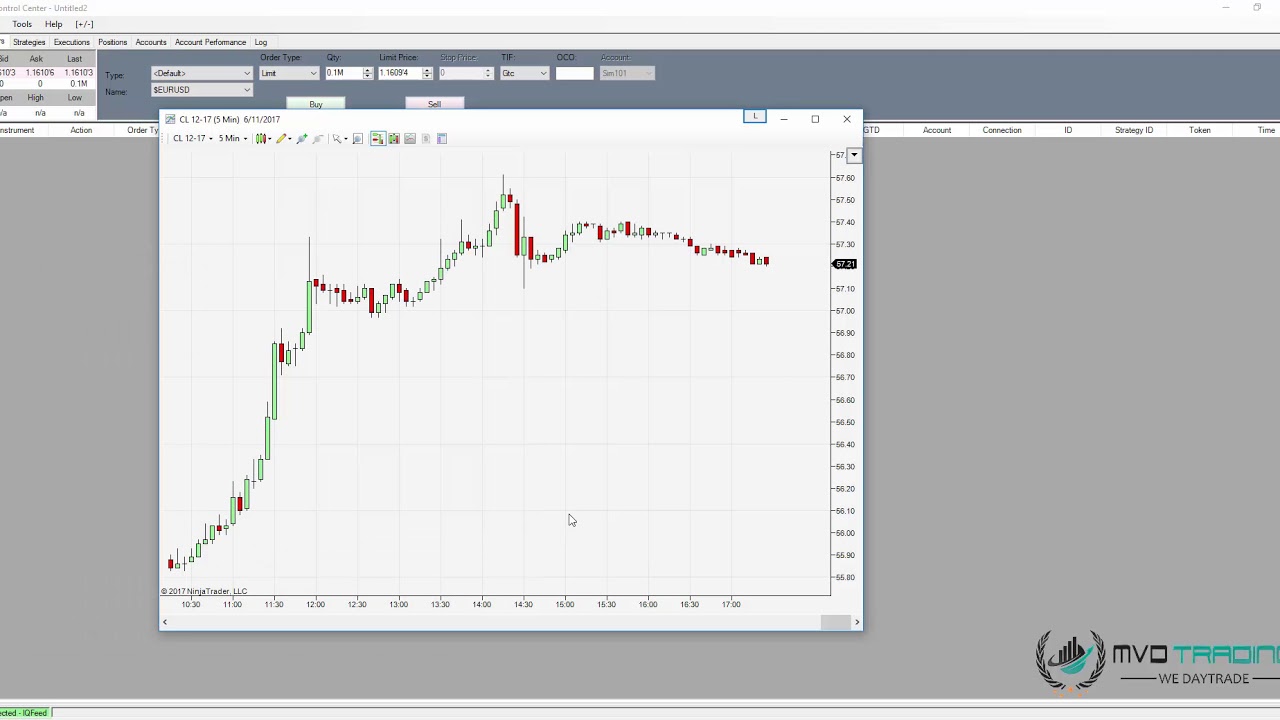

- #Primavera p3 incompatible decimal place configuration code#
- #Primavera p3 incompatible decimal place configuration windows#

Group RD Number of readers in the group.Record Locks The number of locked records in the group.G-Address Logical disk address of group, or its offset in bytes from the start of the file, in hex.When the report describes group locks, it contains the following additional information:Lmode codes are: Lmode codes described shared or exclusive file locks, rarely seen in normal DataStage use:.When the report describes file locks (not shown here), it contains the following additional information:
#Primavera p3 incompatible decimal place configuration code#

#Primavera p3 incompatible decimal place configuration windows#
If other than 0, then on Unix it is the last part of the TCP/IP host number specified in the /etc/hosts file on Windows it is either the last part of the TCP/IP host number or the LAN Manager node name, depending on the network transport used by the connection. 0 indicates a lock on the local machine, which will usually be the case for DataStage. Netnode A number that identifies the host from which the lock originated.Inode A number that identifies the file that is being accessed.Device A number that identifies the logical partition of the disk where the file system is located.LIST.READU lists the active file and record locks the EVERY keyword lists the active group locks in addition.įor example, with a Designer client and a Director client both logged in to a project named “dstage0”: Use the LIST.READU EVERY command from the server engine shell to assist with monitoring this value. Tune this value if the number of group locks in a given slot is getting close to the value defined. This parameter defines the size of a row in the group lock table. Note that on AIX the T30FILE value should not be set higher than the system setting ulimit -n. Note, however, that multi-instance jobs share slots for these files, because although each job run instance creates a separate file handle, this just increments a usage counter in the table if the file is already open to another instance. Use this command to assist with tuning the T30FILE parameter.Ī Technote has already been issued on this topic ( Every running DataStage job requires at least 3 slots in this table. The following engine command, executed from $DSHOME, shows the number of dynamic files in use: If this value is too low, expect to find an error message similar to ‘T30FILE table full’. This parameter determines the maximum number of dynamic hash files that can be opened system-wide on the DataStage system. So the dsrpcd process (23978) has four files open. Lrwx- 1 root dstage 64 Sep 25 08:24 3 -> socket: On most UNIX systems, the proc file system can be used to monitor the file handles opened by a given process for example: This will allow the DataStage process to open up to 512 – (MFILES + 8 ) files. Ideally, it would be recommended that nofiles be at least 512. NOTE: The OS parameter of nofiles needs to be set higher than MFILES. If the value is set too low, then performance issues may occur, as the server engine will make more calls to open and close at the physical OS level in order to map the logical pool to the physical pool. Generally, a value of around 250 is suitable. Increase this value if DataStage jobs use a lot of files. The server engine will logically open and close files at the DataStage application level and physically close them at the OS level when the need arises. It does not include files opened directly at OS level by the parallel engine (PXEngine running osh). This is a per process pool for files such as sequential files that are opened by the DataStage server runtime. This parameter defines the size of the server engine (DSEngine) rotating file pool. The most commonly used parameters in the UVCONFIG file are as follows:


 0 kommentar(er)
0 kommentar(er)
